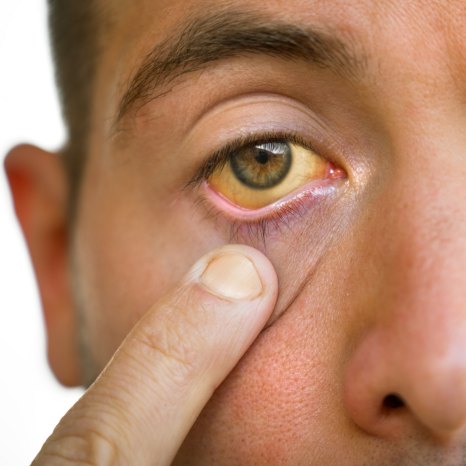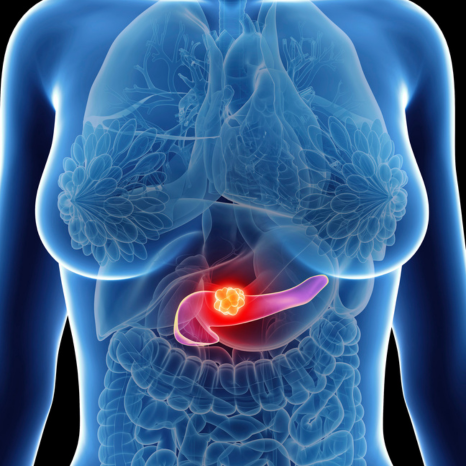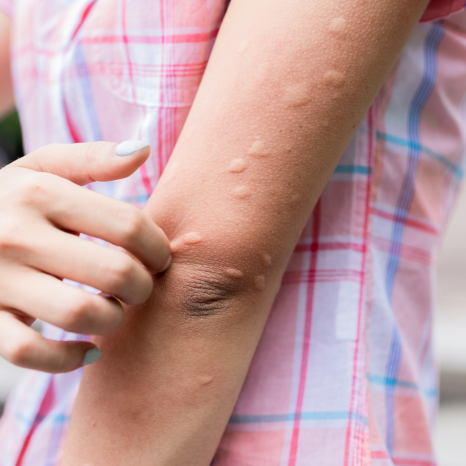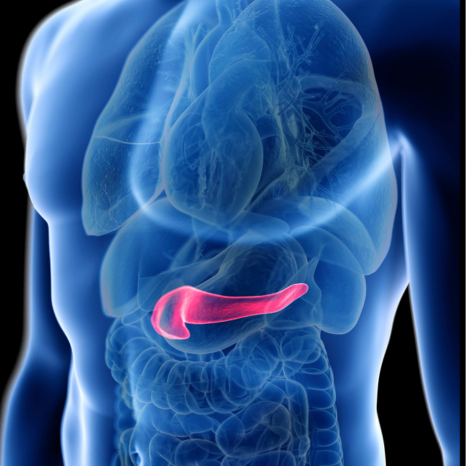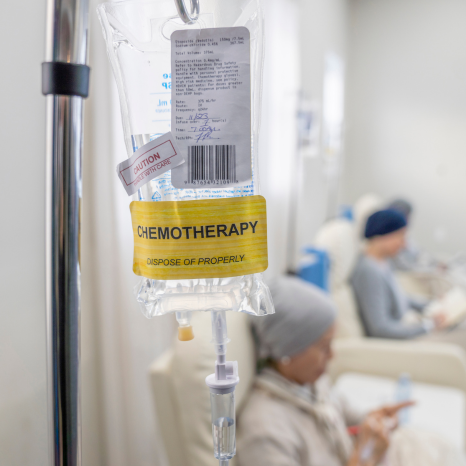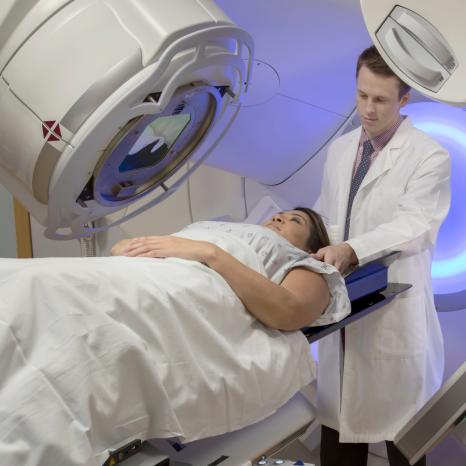Suspecting you’re showing a symptom that requires pancreatic cancer treatment?
Get an expert’s opinion to learn about the condition that is truly behind the symptoms you are experiencing.
Suspecting you’re showing a symptom that requires pancreatic cancer treatment?
Get an expert’s opinion to learn about the condition that is truly behind the symptoms you are experiencing.
What is pancreatic cancer and how is it caused?
Pancreatic cancer is a serious and life-threatening condition that occurs when cells in the pancreas grow out of control.
The pancreas is a gland located in the abdomen that produces enzymes that help in the digestion of food and hormones such as insulin that regulate blood sugar levels.
Unfortunately, pancreatic cancer is often difficult to diagnose in its early stages, which makes it challenging to treat effectively.
Read on and explore the most prominent pancreatic cancer symptoms and discover the most effective pancreatic cancer treatment options.
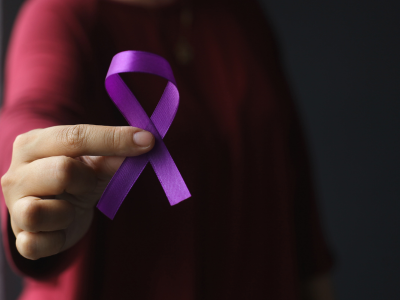
What is pancreatic cancer and how is it caused?
Pancreatic cancer is a serious and life-threatening condition that occurs when cells in the pancreas grow out of control.
The pancreas is a gland located in the abdomen that produces enzymes that help in the digestion of food and hormones such as insulin that regulate blood sugar levels.
Unfortunately, pancreatic cancer is often difficult to diagnose in its early stages, which makes it challenging to treat effectively.
Read on and explore the most prominent pancreatic cancer symptoms and discover the most effective pancreatic cancer treatment options.

What are the most common symptoms of pancreatic cancer?
Abdominal pain
One of the most common symptoms of pancreatic cancer is abdominal pain. This pain can be dull or sharp and is typically felt in the upper abdomen, often radiating to the back or chest. The pain may come and go or be persistent, and it can worsen after eating or lying down. In some cases, the pain may be so severe that it interferes with daily activities.
Jaundice
Jaundice is a yellowing of the skin and eyes caused by a buildup of bilirubin in the blood. It is a common symptom of pancreatic cancer because tumours in the pancreas can block the bile ducts, preventing bile from flowing properly. Other symptoms of jaundice may include dark urine, light-coloured stools, and itching.
New-onset diabetes
New-onset diabetes can be a symptom of pancreatic cancer, particularly if the patient has no other risk factors for the disease. Pancreatic tumours can affect the production of insulin, which regulates blood sugar levels. This can lead to high blood sugar levels and the development of diabetes.
What are the most prominent risk factors for pancreatic cancer?
It is important to note that early detection of pancreatic cancer is crucial for successful treatment outcomes.
Unfortunately, pancreatic cancer is often diagnosed at an advanced stage when treatment options are limited. Therefore, it is important to be aware of the risk factors for pancreatic cancer and to undergo regular checkups and screenings if you are at an increased risk.
Some risk factors for pancreatic cancer include:
- Age (being over 50 years old)
- Being a regular smoker
- Extreme obesity
- A family history of pancreatic cancer
- Chronic pancreatitis
- Other related genetic conditions
If you experience any of these risk factors, it is important to discuss screening options with your healthcare provider.

What are the most common pancreatic cancer treatment options?
Surgery
Surgery is often the first line of treatment for pancreatic cancer, and it is most effective when the tumour is localised to the pancreas and has not spread to other organs. During surgery, the surgeon will remove the tumour along with surrounding tissues, including nearby lymph nodes. In some cases, part or all of the pancreas may need to be removed as well.
The two most common types of surgery for pancreatic cancer are the Whipple procedure and distal pancreatectomy. The Whipple procedure involves removing the head of the pancreas, the first part of the small intestine, the gallbladder, and a portion of the stomach. The distal pancreatectomy involves removing the body and tail of the pancreas. Both procedures are complex and carry a risk of complications, such as infection and bleeding.
Chemotherapy
Chemotherapy is a type of cancer treatment that involves the use of drugs to kill cancer cells. Chemotherapy can be used before or after surgery to help shrink the tumour or prevent it from coming back. Chemotherapy is also used to treat advanced pancreatic cancer when surgery is not an option.
There are several chemotherapy drugs that can be used to treat pancreatic cancer, including gemcitabine, 5-fluorouracil, and paclitaxel. These drugs can be given by injection or taken orally. Chemotherapy can cause side effects such as nausea, vomiting, and hair loss.
Radiation therapy
Radiation therapy is a type of cancer treatment that uses high-energy radiation to kill cancer cells. Radiation therapy is often used in combination with chemotherapy and/or surgery to treat pancreatic cancer. Radiation therapy can be delivered externally using a machine outside the body or internally using radioactive materials placed near the tumour.
Radiation therapy can cause side effects such as fatigue, skin irritation, and nausea. These side effects are usually temporary and can be managed with medications and lifestyle changes.
Immunotherapy
Immunotherapy is a type of cancer treatment that uses the body’s immune system to fight cancer. Immunotherapy works by boosting the immune system’s ability to recognise and attack cancer cells. Immunotherapy is a relatively new treatment option for pancreatic cancer, and more research is needed to determine its effectiveness.
One type of immunotherapy that has shown promise in the treatment of pancreatic cancer is checkpoint inhibitors. Checkpoint inhibitors are drugs that block certain proteins on the surface of cancer cells, making them more vulnerable to attack by the immune system. Other types of immunotherapy being studied for the treatment of pancreatic cancer include cancer vaccines and adoptive cell transfer.
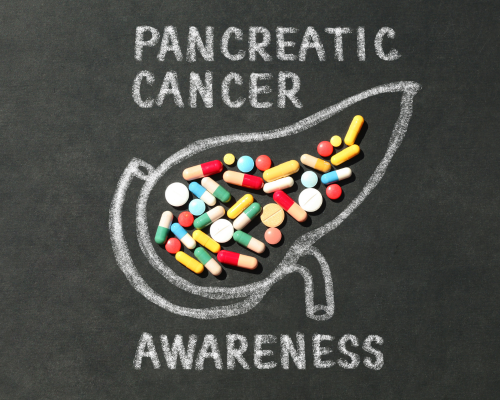
Determining the best pancreatic cancer treatment option for you
Sydney Gut Clinic brings together a panel of leading medical professionals with decades of expertise in the fields of gastroenterology, hepatology, and many more disciplines to help patients work towards better digestive health and overcome serious conditions related to their gastrointestinal system.
To find out how you can overcome pancreatic cancer, schedule a consultation with a gastroenterology specialist today
Determining the best pancreatic cancer treatment option for you
Sydney Gut Clinic brings together a panel of leading medical professionals with decades of expertise in the fields of gastroenterology, hepatology, and many more disciplines to help patients work towards better digestive health and overcome serious conditions related to their gastrointestinal system.
To find out how you can overcome pancreatic cancer, schedule a consultation with a gastroenterology specialist today

FAQ
Are there any specific risk factors for developing pancreatic cancer?
Aging (pancreatic cancer mainly affects older persons), smoking, having a family history of the disease, having chronic pancreatitis, being obese, and having certain genetic abnormalities are all risk factors.
Should I be concerned if I experience sudden-onset diabetes or a change in my diabetes management?
A possible indicator of pancreatic cancer could be a sudden onset of diabetes or a major change in the management of diabetes. It is crucial to speak with a healthcare practitioner for a comprehensive examination if you notice these changes.
What distinguishes the abdominal pain brought on by pancreatic cancer from ordinary digestive discomfort?
The upper abdomen is the typical location for the pancreatic cancer-related abdominal pain, which frequently radiates to the back. Normal over-the-counter drugs typically do not ease it, and it may get worse after eating or lying down.
Speak with our team today to improve your gut health


